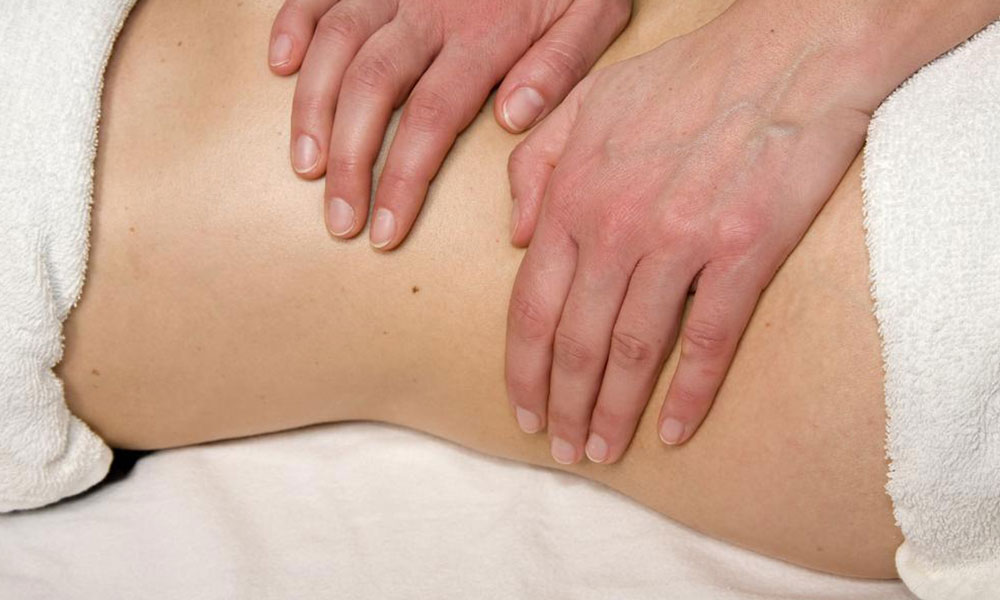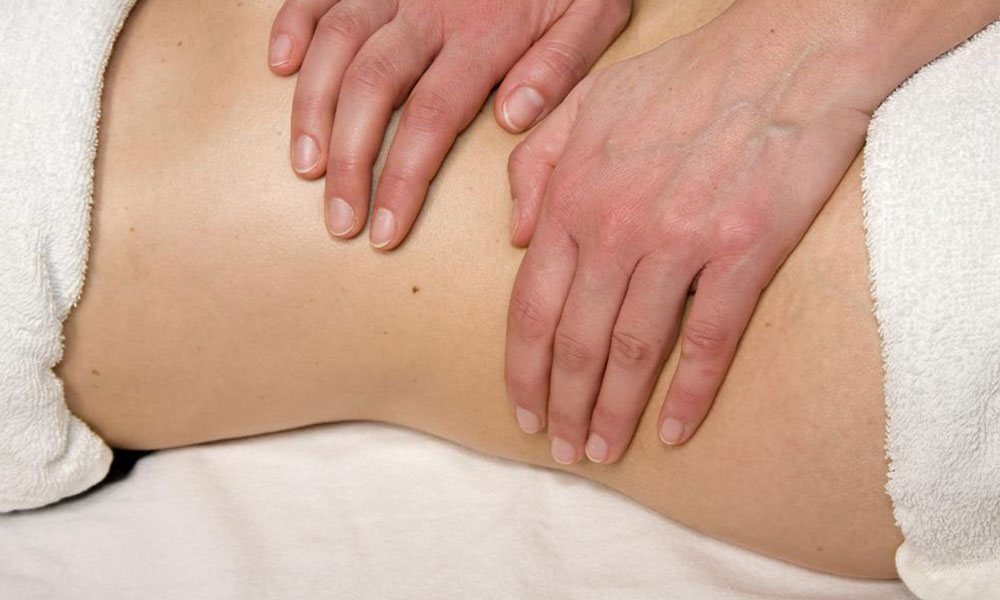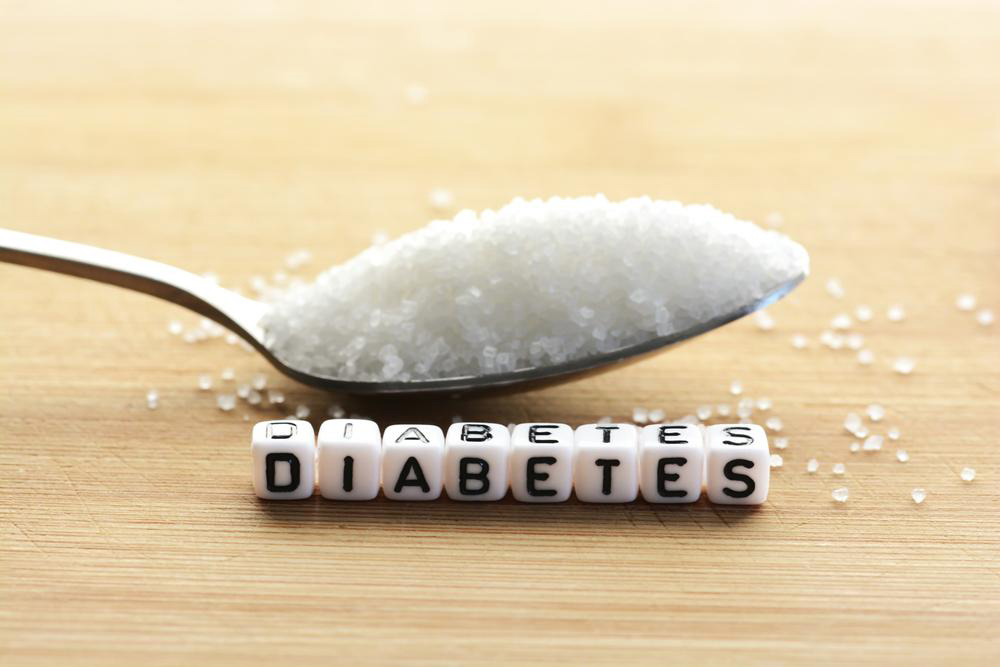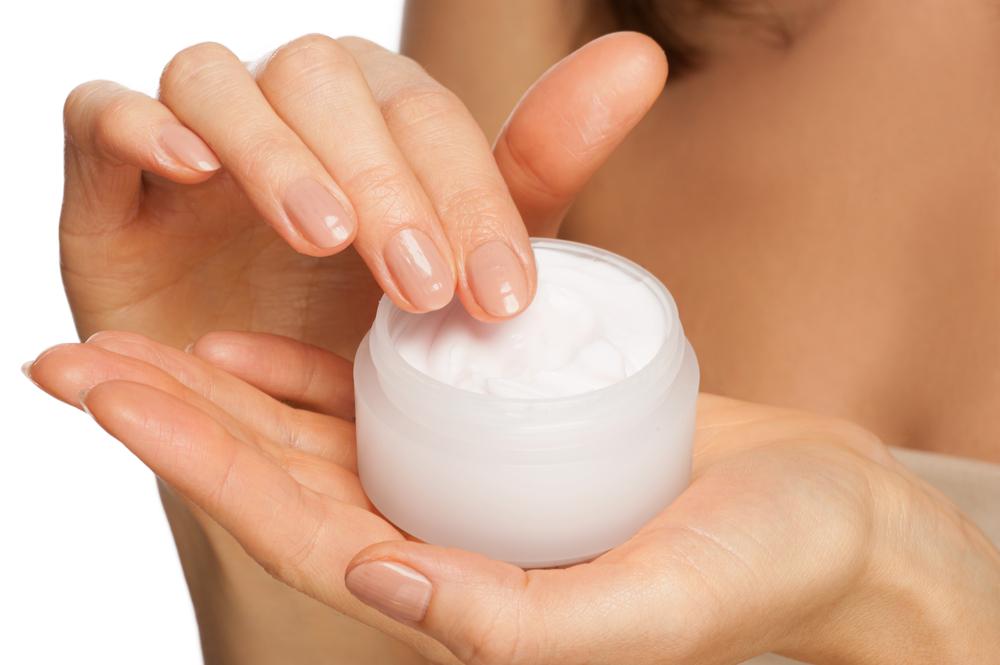Enhance Your Cardiovascular Health with Simple Lifestyle Adjustments
Enhancing cardiovascular health involves simple lifestyle changes like staying well-hydrated, managing stress, exercising regularly, limiting alcohol, and enjoying massage therapy. These habits promote healthy blood circulation, reduce cardiovascular risks, and improve overall well-being. Implementing these sustainable habits can lead to a long-term healthier circulatory system, helping prevent issues like blood clots, high blood pressure, and heart disease. Prioritizing lifestyle adjustments above complex treatments can be both effective and enjoyable, making health maintenance accessible and manageable for everyone.

Enhance Your Cardiovascular Health with Simple Lifestyle Adjustments
Maintaining healthy blood circulation is fundamental to overall well-being, as it ensures that oxygen and nutrients reach every cell in your body efficiently. The cardiovascular system, primarily driven by the heart, plays a vital role in this process. When this system faces disruptions or inefficiencies, it can lead to serious health issues such as blood clots, cardiovascular diseases, migraines, and cognitive impairments. Recognizing the importance of optimizing blood flow, many health experts recommend adopting specific lifestyle changes that promote a healthier circulatory system. These small but impactful adjustments can significantly improve quality of life and prevent serious health complications.
Prioritize Proper Hydration – Despite the busy pace of modern life, many people neglect the importance of staying properly hydrated. Water forms a major part of blood volume and is crucial for maintaining blood viscosity and facilitating efficient nutrient and oxygen transport. Dehydration can lead to thicker blood, which strains the heart and impairs circulation. Drinking water consistently throughout the day supports not only hydration but also assists in flushing out toxins that can clog arteries. Everyday hydration should be a non-negotiable part of your health routine, with recommendations typically specifying at least 8-10 glasses of water daily, adjusted for activity level and climate conditions.
Manage and Reduce Stress – Chronic stress is a silent contributor to circulatory problems. When under stress, the body releases stress hormones like adrenaline and cortisol, which can constrict blood vessels and elevate blood pressure. Over time, persistent stress can weaken cardiovascular health and impair blood flow. Incorporating relaxation techniques such as mindfulness meditation, deep breathing exercises, yoga, or even engaging in hobbies like painting or gardening can help lower stress levels. These practices activate the parasympathetic nervous system, promoting relaxation, reducing inflammation, and improving circulation. Regular stress management routines are essential for maintaining cardiovascular health.
Engage in Regular Physical Activity – Sedentary behavior significantly reduces blood flow and hampers heart health. Incorporating at least 150 minutes of moderate exercise weekly, such as brisk walking, jogging, cycling, or swimming, can dramatically enhance circulatory efficiency. Exercise promotes elasticity in blood vessels, improves heart strength, and facilitates nutrient delivery throughout the body. Creating a routine where physical activity becomes a daily habit not only boosts circulation but also aids in weight management, lowers cholesterol levels, and reduces the risk of hypertension. Whether it's a morning walk or an evening dance session, staying active is vital for sustaining healthy blood flow.
Moderate Alcohol Consumption – Excessive alcohol intake can cause stiffening of the arteries, dehydration, and increased blood pressure—all factors that impair circulation. To protect your cardiovascular system, limit alcohol consumption to moderate levels, which generally means up to one drink per day for women and up to two drinks for men. Adopting mindful drinking habits supports healthy blood pressure and prevents arterial damage, thereby maintaining optimal blood flow and overall heart health.
Incorporate Therapeutic Massage – Regular massage therapy provides more than relaxation; it actively stimulates blood circulation. Massaging muscles and tissues helps improve blood flow, reduce muscle tension, and promote better oxygen and nutrient delivery to tissues. Using nourishing oils like almond, coconut, or lavender during massage enhances their soothing properties and increases blood flow further. Scheduling weekly or bi-weekly massages can serve as an effective addition to your health regimen, especially for individuals with circulation concerns or those who spend long hours sitting.
Overall, these natural, safe practices are easy to adopt and maintain. They not only help improve blood circulation but also contribute to a healthier cardiovascular system and enhanced overall well-being. Consistency and awareness are key—integrating these habits into your daily routine can lead to long-term health benefits and a better quality of life.





